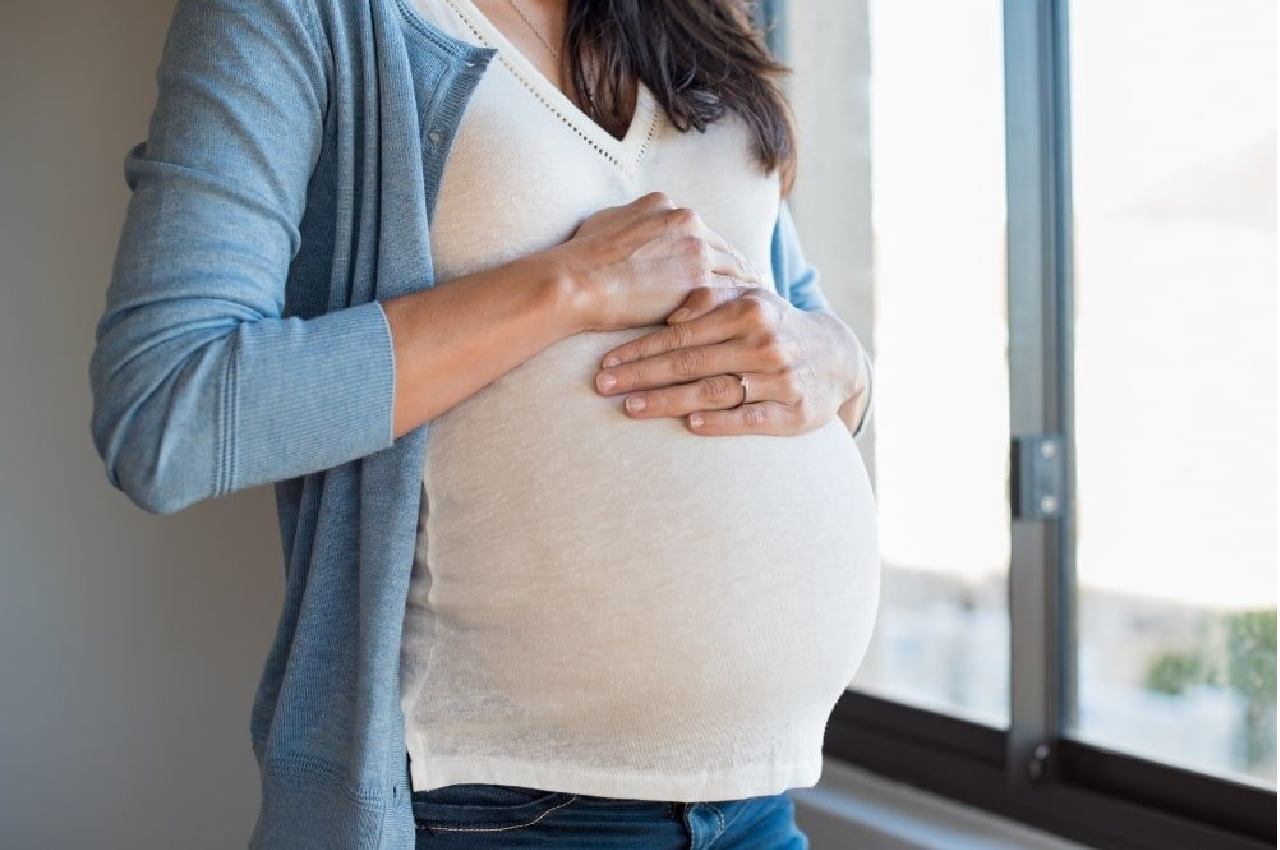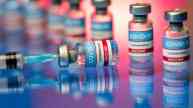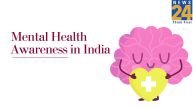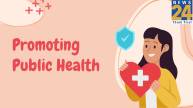According to a study conducted by an environmental and reproductive epidemiologist at the University of Massachusetts Amherst, exposure to phthalates, a group of plasticizing and solvent compounds found in many household objects, was connected with a lower risk of becoming pregnant but not with pregnancy loss.
The study, published in the journal Environmental Health Perspectives, also noted an association between preconception exposure to phthalates and changes in women’s reproductive hormones, as well as increased inflammation and oxidative stress. “Phthalates are ubiquitous endocrine disruptors and we’re exposed to them every day,” says lead author Carrie Nobles, assistant professor of environmental health sciences in the School of Public Health and Health Sciences.
Also read: Turmeric And Tomatoes: Guardians For Your Lungs Amidst COVID Threat
Phthalates are found in such common products as shampoo, makeup, vinyl flooring, toys and medical devices. People are exposed primarily by ingesting food and liquid that has come in contact with products containing the chemicals, according to a Centers for Disease Control and Prevention fact sheet. Nobles and team analyzed data from a “unique cohort” of women in the preconception time-to-pregnancy study known as EAGeR (Effects of Aspirin in Gestation and Reproduction), which evaluated the effect of low-dose aspirin on live-birth rates.
This #newstudy investigates relationships b/w indoor & outdoor PM2.5 #pollution & key #pregnancy indicators like gestational age at birth, reduction in #birthweight, & #preterm birth. #ClimateCrisis #MaternalHealth #NewbornHealth @EnvirHealthNewshttps://t.co/I8xY8hjr05
— IAWG Maternal & Newborn Health Sub-working Group (@BornIntoCrisis) September 30, 2021
The study includes detailed information on 1,228 participants during six menstrual cycles when they are attempting to get pregnant. The women who became pregnant were followed through pregnancy. “We were able to look at some environmental exposures like phthalates and how that relates to how long it takes to get pregnant. There was detailed data for each menstrual cycle, so we had a good handle on the date of ovulation and the timing of pregnancy when that happened,” Nobles says.
Also read: Best Places To Visit In Ayodhya Along With Ram Mandir
The body breaks down phthalates into metabolites that are excreted in urine and can be analyzed. The researchers measured 20 phthalate metabolites in urine samples taken when the participants enrolled in the study. “We found there were three parent compounds that seem to be most strongly associated with taking longer to get pregnant, although we saw a general trend toward it taking longer to get pregnant across the phthalates we looked at,” Nobles says. “As exposure got higher, we saw more and more of an effect.”
The researchers also looked at a global marker of inflammation, C-reactive protein, and found the women who had higher levels of phthalates exposure also had higher levels of inflammation and oxidative stress, which can lead to organ and tissue damage and ultimately to disease. In addition, women who showed higher levels of phthalates had lower estradiol and higher follicle-stimulating hormone across the menstrual cycle, which play an important role in ovulation and the early establishment of pregnancy.
Also read: Avoid These Unreasonable Expectations From Your Partner To Safeguard Relationship From Ending
“This profile — estradiol staying low and follicle-stimulating hormone staying high — is actually something that we see in women who have ovarian insufficiency, which can happen with age as well as due to some other factors,” Nobles says. “Ovulation just isn’t happening as well as it used to.” While women can check consumer product labels and look for phthalate-free options, the ubiquitous nature of the chemicals makes it difficult for an individual to control their exposure.
In Europe, certain phthalates are banned or severely restricted in their use, but the U.S. has no formal prohibitions. Nobles says the research findings add to the evidence that phthalates exposures have a negative impact on women’s reproductive health and can be used to help inform policy making.
“Maybe we want to think differently about our regulatory system and how we identify important exposures that are having adverse effects on whether people can get pregnant and have a healthy pregnancy,” Nobles says.
Also read: Boost Your Winter Health: Incorporate These 4 Vegetables For Stronger Body, Enhanced Immunity










